Did You Know?
Approximately 30,000 students apply to study Law at university each year.
Key Information
Qualification
A-Level
Duration
Two Year Course
Examination Board
OCR
"I enjoy studying law at Notre Dame, as you get to learn about all sorts of interesting real-life cases, and learn how to apply points of law to different legal scenarios" - Evie Hargreaves, Benton Park School
Key Employability Skills | ||
| Critical Thinking | Active Learning | Social Influence |
Qualification
A-level
Assessment
100% Exam
The course has three examined Units:
Paper 1: The Legal System and Criminal Law,
Paper 2: Law Making and the Law of Tort,
Paper 3: Nature of Law and Contract Law.
Papers 1 and 2 are comprised of two sections: A and B. Students complete two questions from Section A (a short description answer and an evaluation) and two problem questions and an essay from Section B.
Paper 3 is slightly different. There are two sections: A and B. Students complete one of two essay questions from Section A and two problem questions and an essay from Section B.
Sample examination papers can be found here.
What do I need to study this course?
You will need a grade 5 in GCSE English Language.
What will I study?
In Year One you will study Law Making and the Legal System which includes people who work in the Legal System, and the Civil and Criminal Courts. You will also study Criminal Law, including Offences against Property, Homicide and Defences. In Year Two you will complete the Law of Torts including Negligence, Nuisance and the Liability of Occupiers to Visitors and Trespassers, Nature of Law which considers how law interlinks with justice, morality and society, and Contract Law.
What next?
Many students go on to study a qualifying law degree (LLB) which can lead to a career as a Solicitor or Barrister. Some students take up work as Paralegals or join legal apprenticeship schemes. Former students have also had careers outside the legal profession such as in Banking, Teaching, Human Resources Departments, Journalism, the Crown Prosecution Service and the Police Force.

 Website By Rejuvenate Digital
Website By Rejuvenate Digital